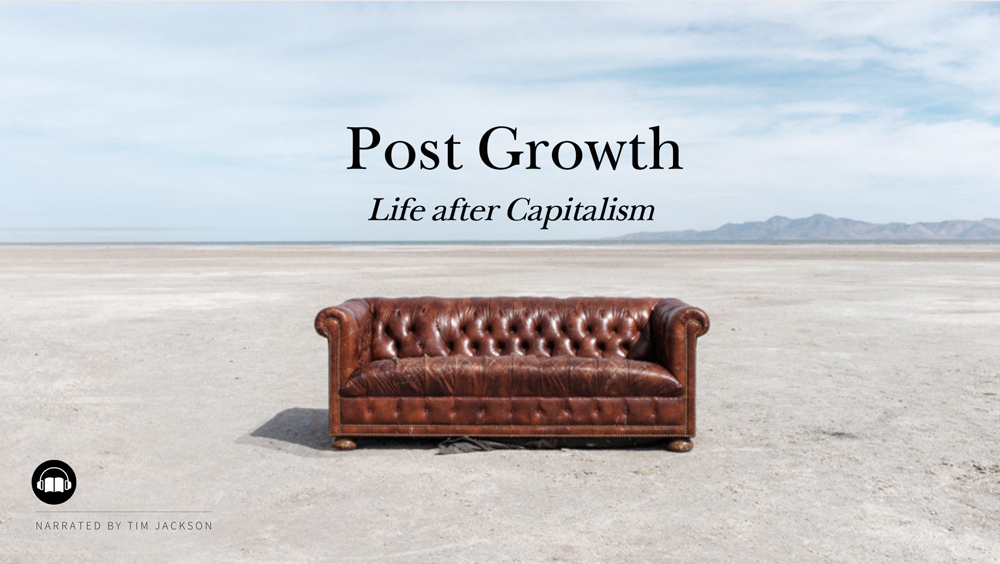More fun with less stuff: can we improve well-being through less environmentally intensive activities?
Amy Isham to present CUSP paper at 4th Annual BrEPS Conference, introducing her recent findings on ‘flow’ activities as an environmentally friendly route to enhanced well-being
UCL, 26-27 June 2017

Excessively desiring material goods is both unsustainable and detrimental to human well-being. Consequently, alternative ways of living well within ecological limits must be uncovered. Flow, an optimal experience of total immersion in a challenging activity, has been associated with enhanced well-being. However, the environmental costs of more or less flow-conducive activities remains largely unexamined.
This paper tests the proposal that in addition to enhancing well-being, activities that allow for the experience of flow also tend to have a low environmental impact. In order to do this, we analysed reports concerning the well-being and daily experiences of 500 US families. Results demonstrated that engaging in more intense and frequent flow experiences were related to greater well-being. Further, activities which proved to be more flow-conducive did tend to have a lower environmental impact. A group of activities that encouraged the experience of flow in the absence of great environmental costs were isolated and these centred around 5 themes. Namely, romantic relationships, spirituality, creative hobbies, physical exercise, and granting time to other people.
Accordingly, pursuing flow presents itself as a promising means of living well within environmental limits. The specification of five activity themes provides a starting point from which we can begin to understand the activities and structures that need to be promoted in order to achieve a ‘more fun with less stuff’ ideal.
ABOUT
This years conference of the British Environmental Psychology Society will focus on environmentally sustainable behaviour and healthy, resilient places, bringing together researchers from the UK and beyond who are exploring the interactions between people and the physical and natural environments in which they live and work.



